Selecting the appropriate mortgage is as crucial to purchasing a home as locating the ideal property. Knowing your alternatives when it comes to mortgages and interest rates can help you make wise decisions and save money.
Mortgage Types
Fixed-Rate Mortgage: Throughout the course of the loan, the interest rate on a fixed-rate mortgage stays fixed, providing stability. For purchasers who want regular monthly payments and intend to live in their house for a long time, this is the best choice.
An adjustable-rate mortgage (ARM) has an initial rate that is normally lower than that of a fixed-rate mortgage; nevertheless, the rate is subject to vary after a certain length of time, usually five, seven, or ten years. After that, the rate fluctuates on a regular basis according to the state of the market. Buyers who might move or refinance before the rate changes might consider ARMs.
Federal Housing Administration-backed loans, or FHA loans, are a popular choice for first-time homeowners with weaker credit scores or lower down payments. Mortgage insurance premiums are required, however they offer attractive interest rates.
VA Loan: With no down payment or private mortgage insurance (PMI) needed, VA loans provide competitive interest rates to veterans and active-duty military personnel. If you meet the requirements, they’re a fantastic choice.
Jumbo Loan: Jumbo loans surpass the conforming loan limits established by Fannie Mae and Freddie Mac for purchasers of high-value homes. Usually, they have stricter credit standards and higher interest rates.
Comprehending Interest Rates
Interest rates have a big impact on how much your loan will cost overall and how much your monthly mortgage payment will be. The following are important variables that affect mortgage interest rates:
Economic Conditions: Interest rates fluctuate based on the health of the economy. During periods of economic growth, rates tend to rise, while they may fall during economic downturns.
Credit Score: Your credit score directly impacts the interest rate you’ll qualify for. Higher credit scores typically lead to lower interest rates, as lenders see you as less risky.
Credit Score: The interest rate you are eligible for is directly influenced by your credit score. Because lenders view you as less risky, higher credit scores usually translate into cheaper interest rates.
Loan Term: The interest rate is also influenced by the term of your mortgage. Rates on loans with shorter terms, such as 15-year mortgages, are often cheaper than those with longer terms, such as 30-year mortgages.
Down Payment: Since a greater down payment lowers the lender’s risk, it may result in a lower interest rate. Additionally, it can make PMI unnecessary, which would further reduce your monthly payments.
Selecting the Appropriate Choice
Finding the ideal mortgage requires striking a balance between your current financial status and your long-term objectives. A fixed-rate mortgage could be ideal if you value consistency and intend to remain in your house for an extended period of time. An ARM, however, can be a suitable option if you’re willing to take on some risk and want to optimize your short-term savings.
Before making a decision, it’s wise to consult with a mortgage professional who can guide you through the options and help you find the best fit for your needs. By understanding your mortgage choices and the factors that influence interest rates, you’ll be better equipped to make a confident and informed decision on one of the most significant investments of your life.

